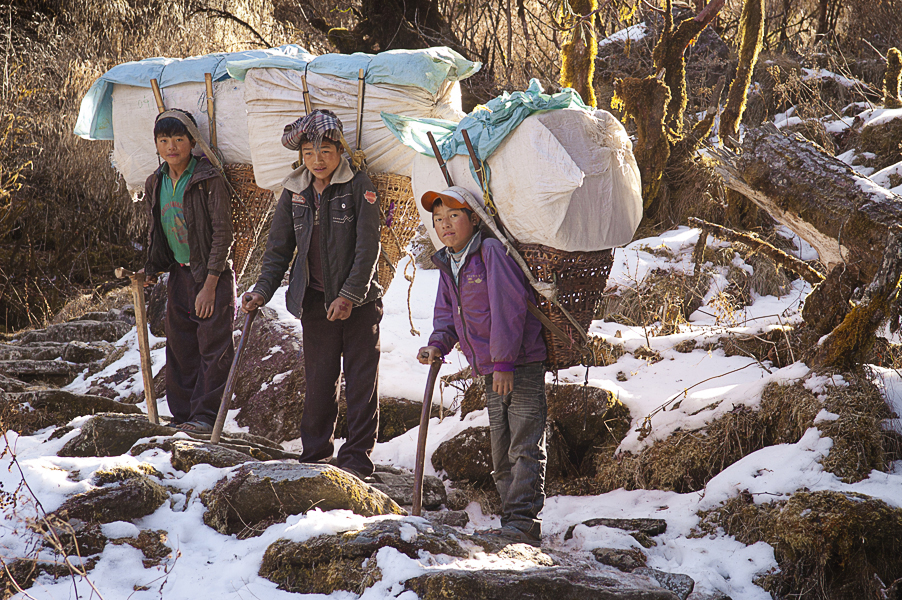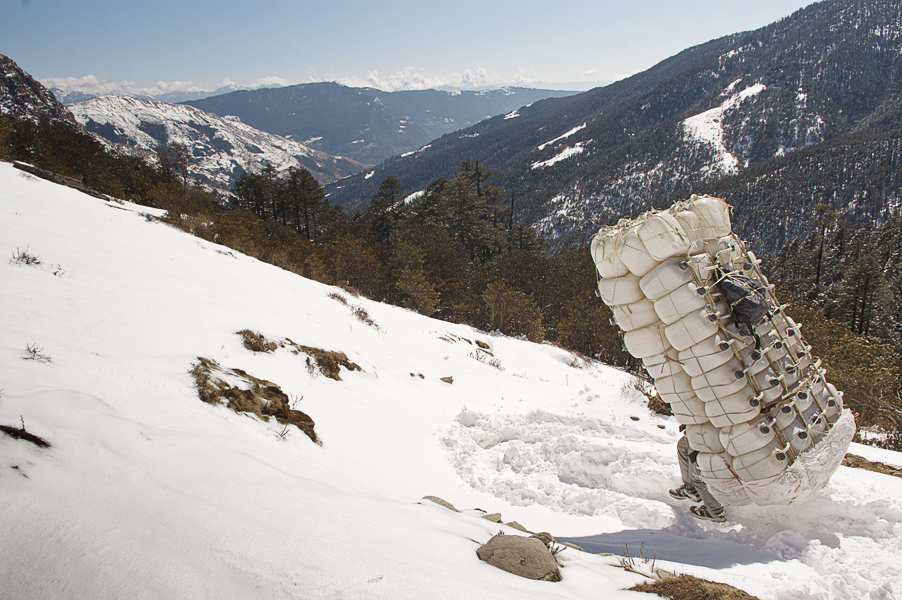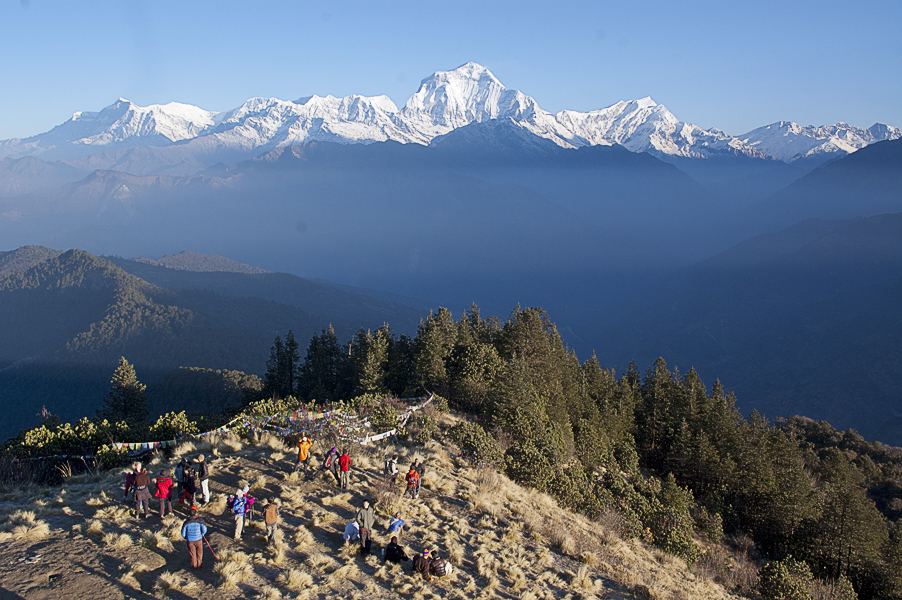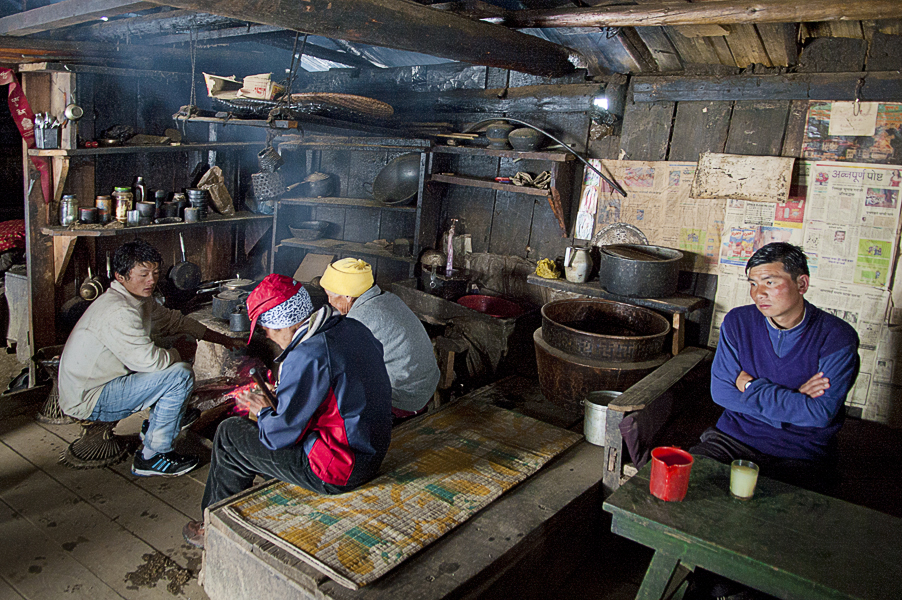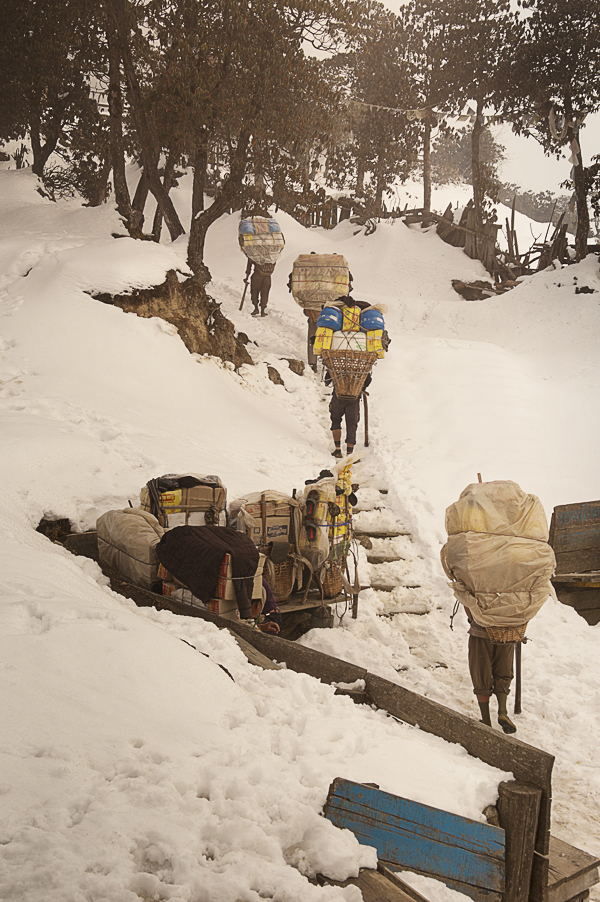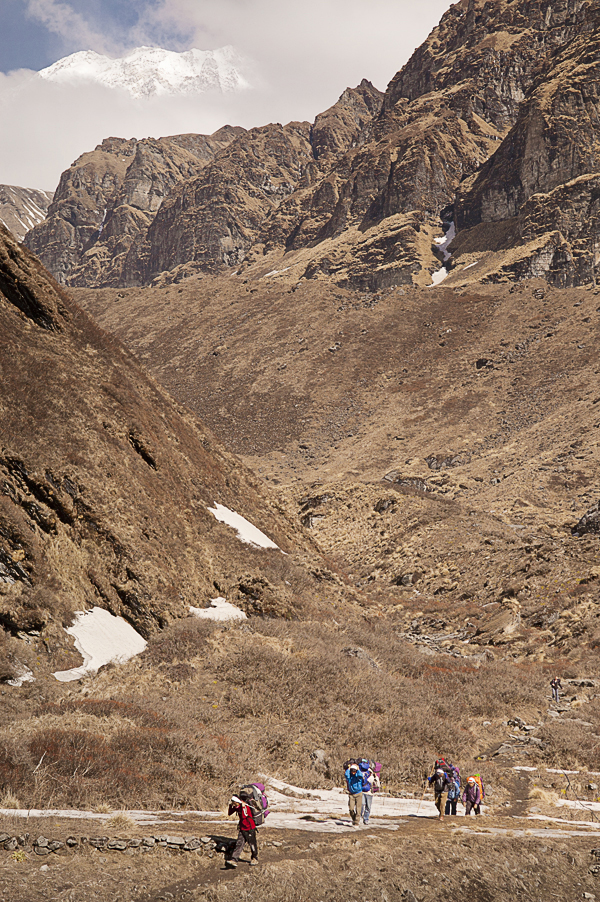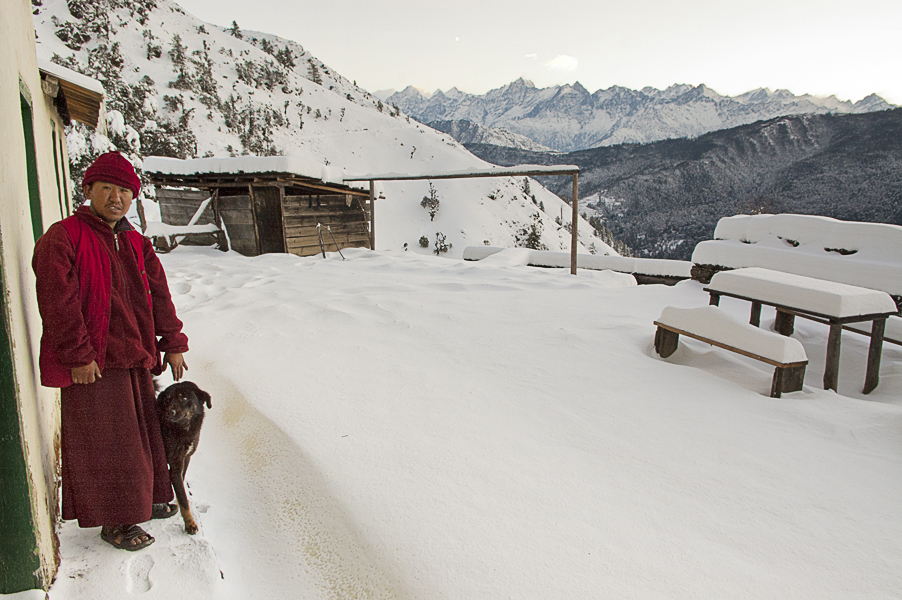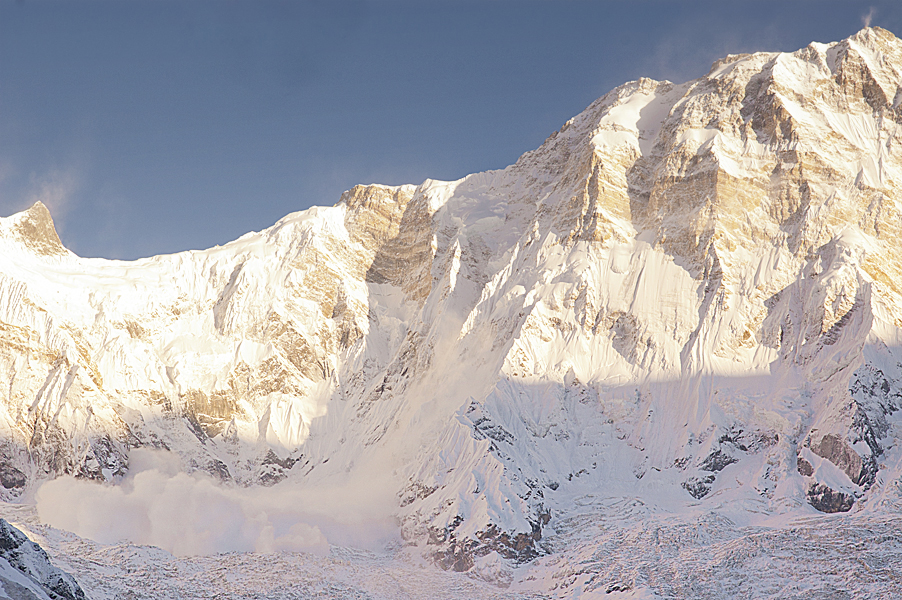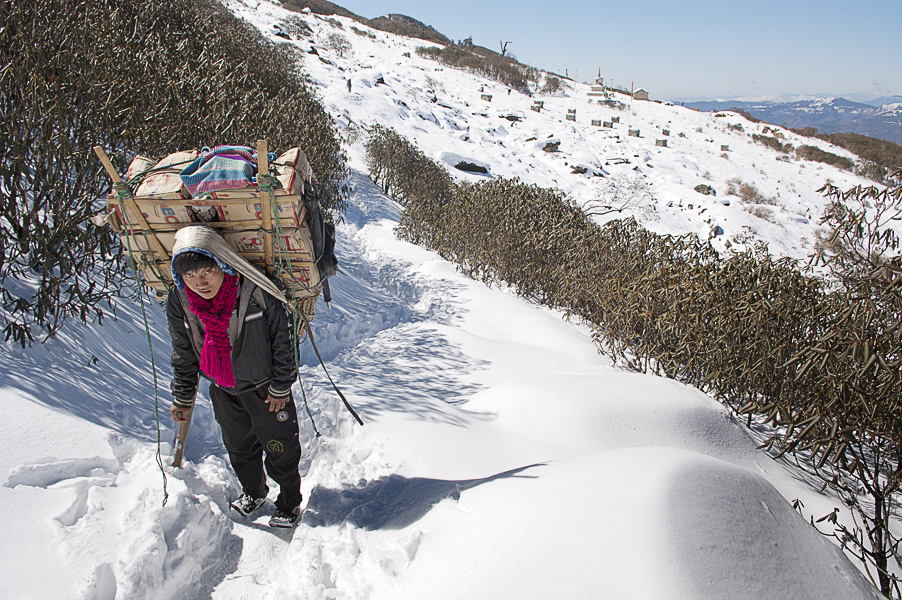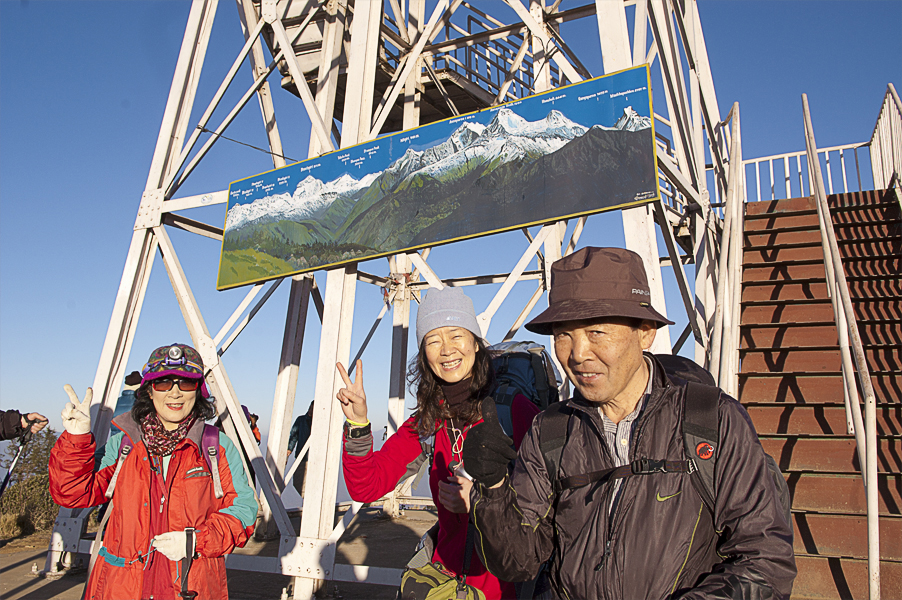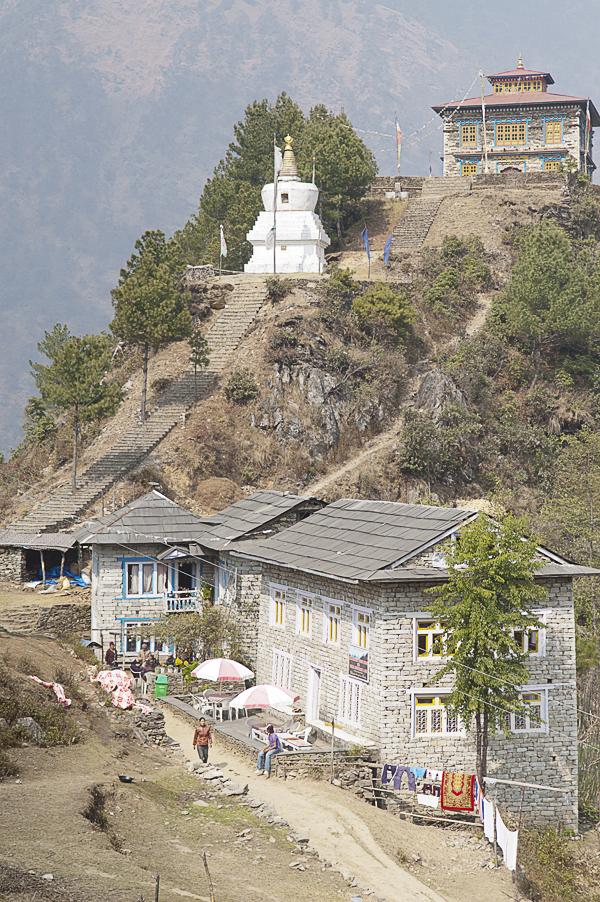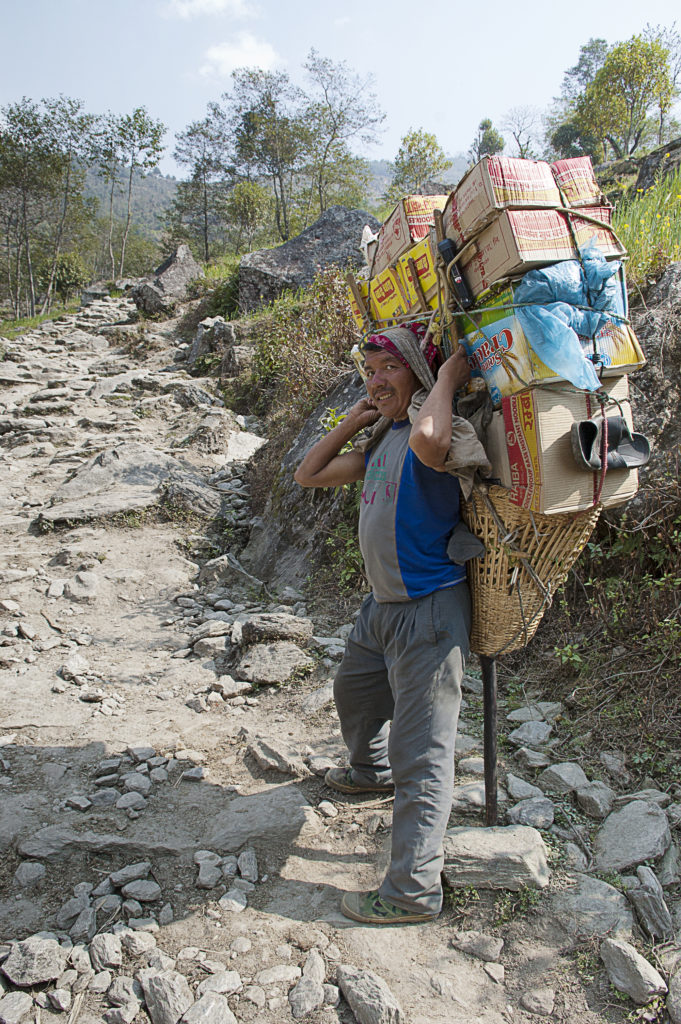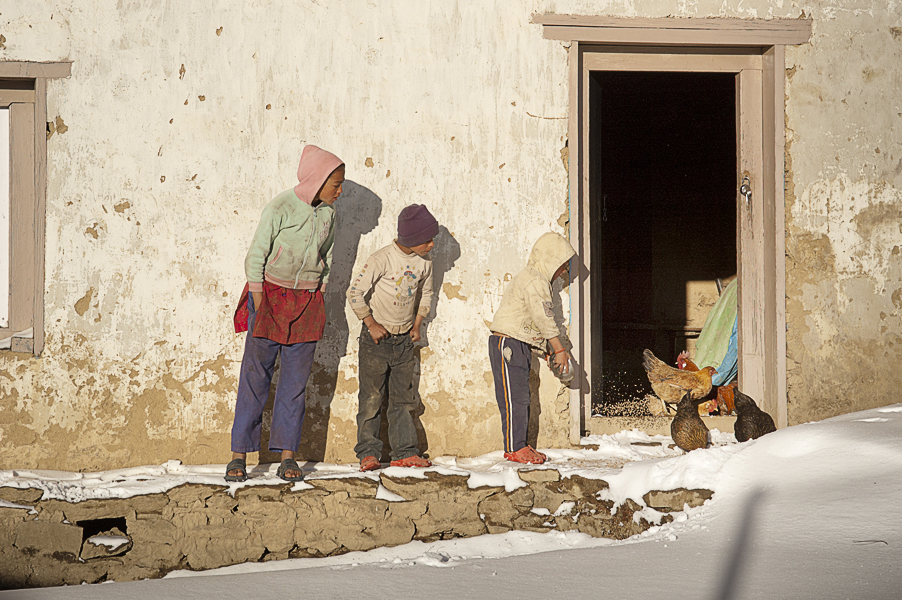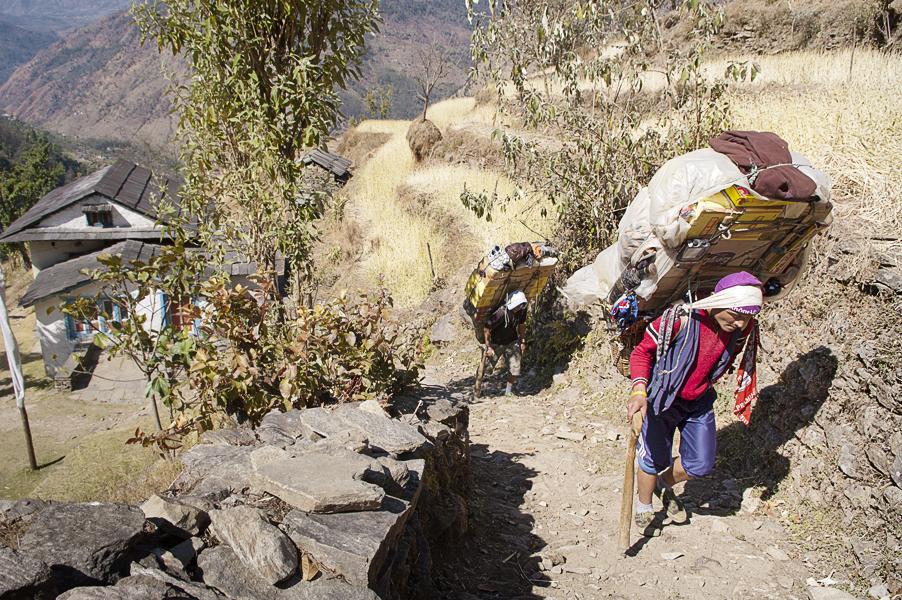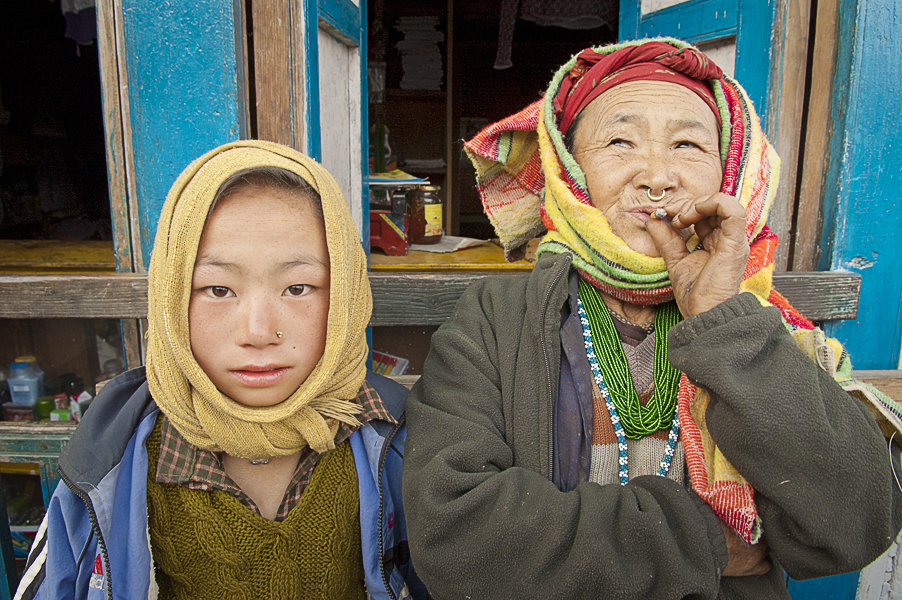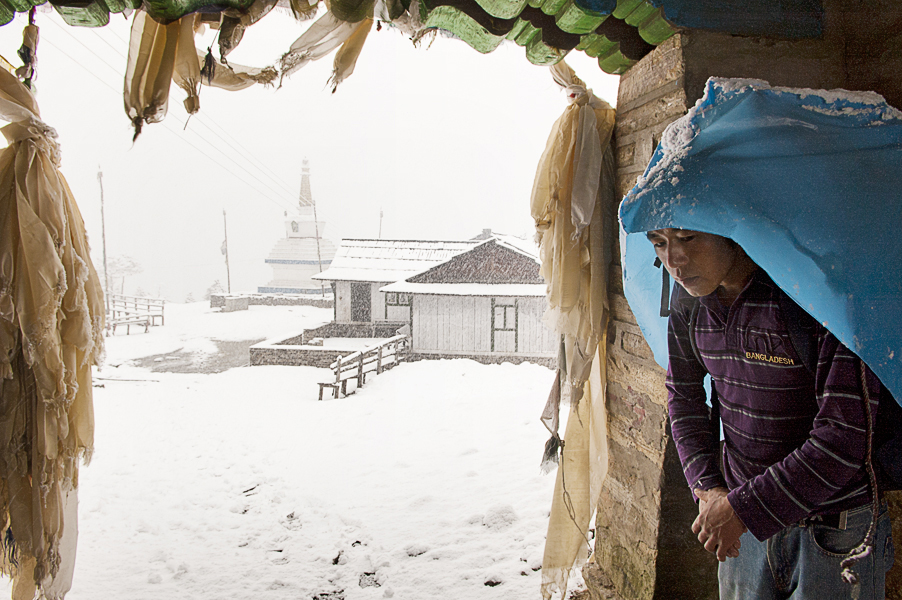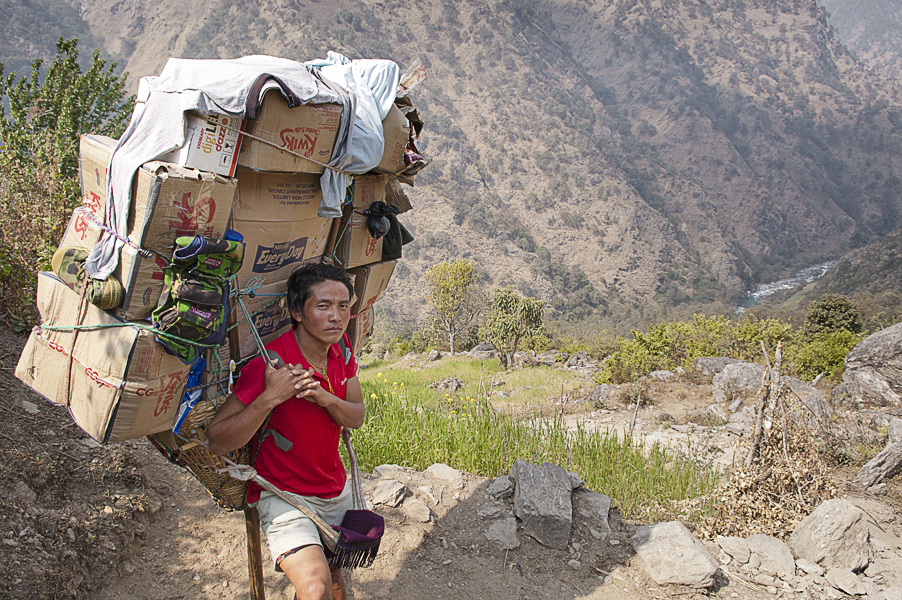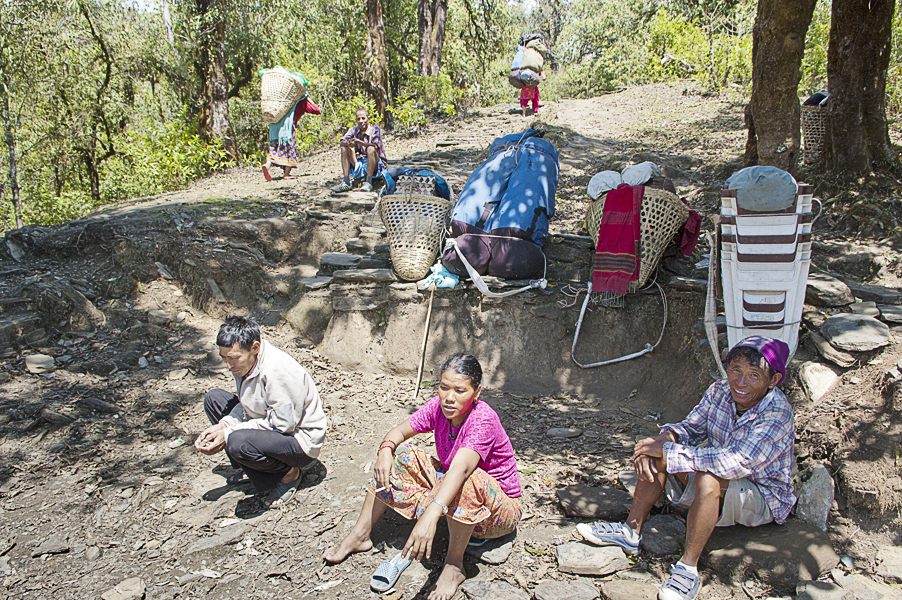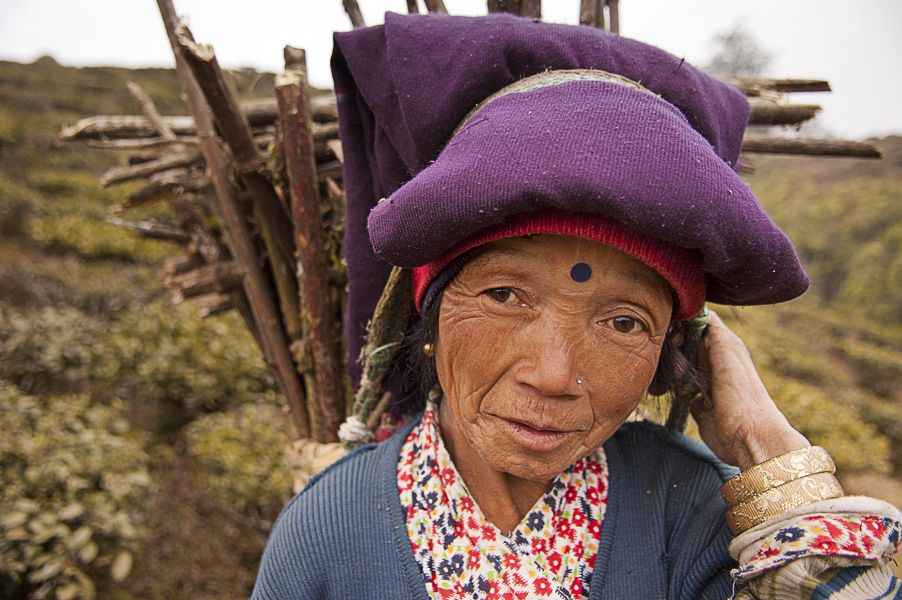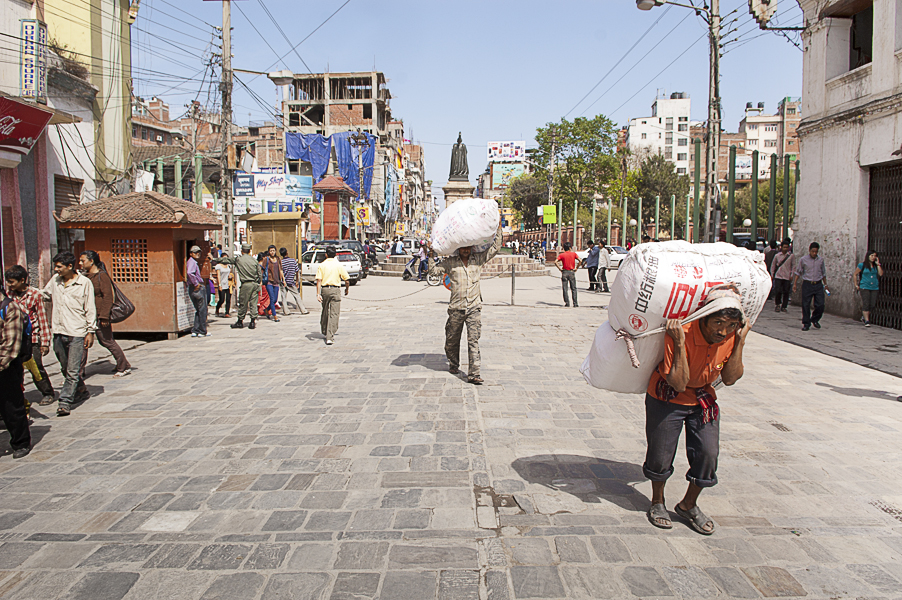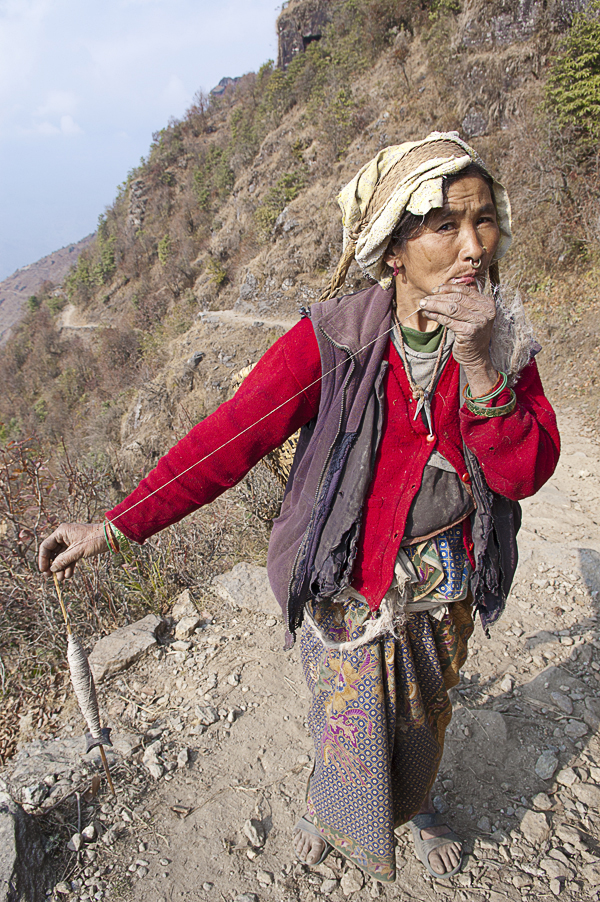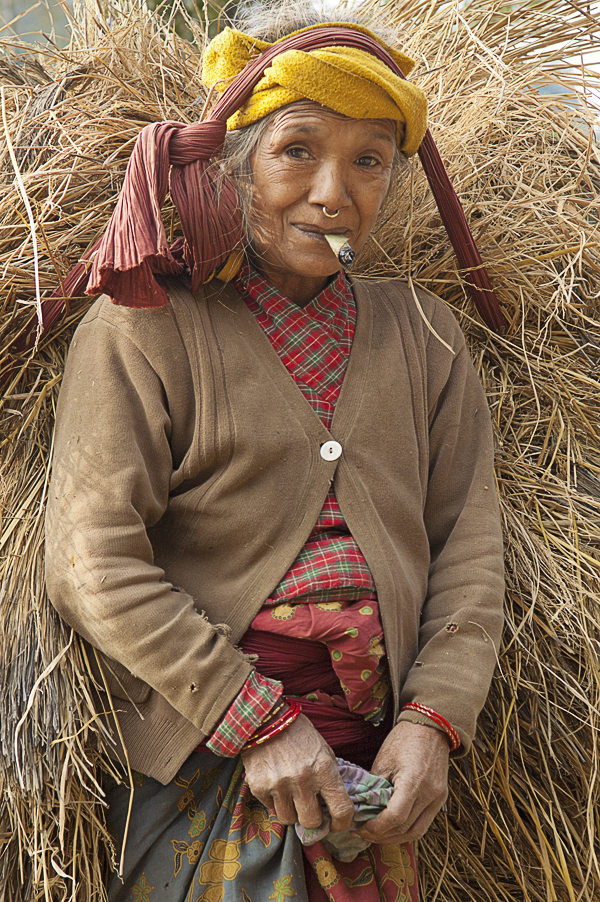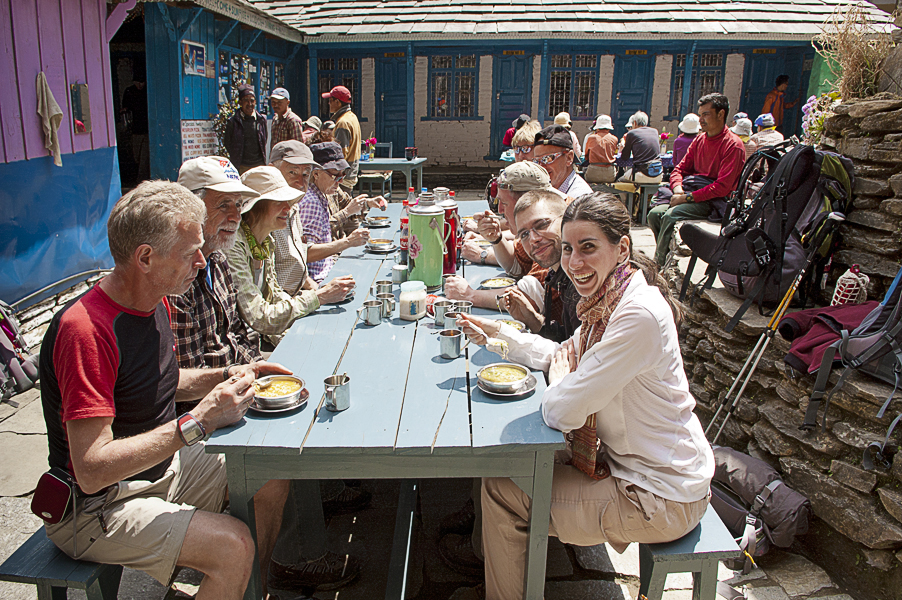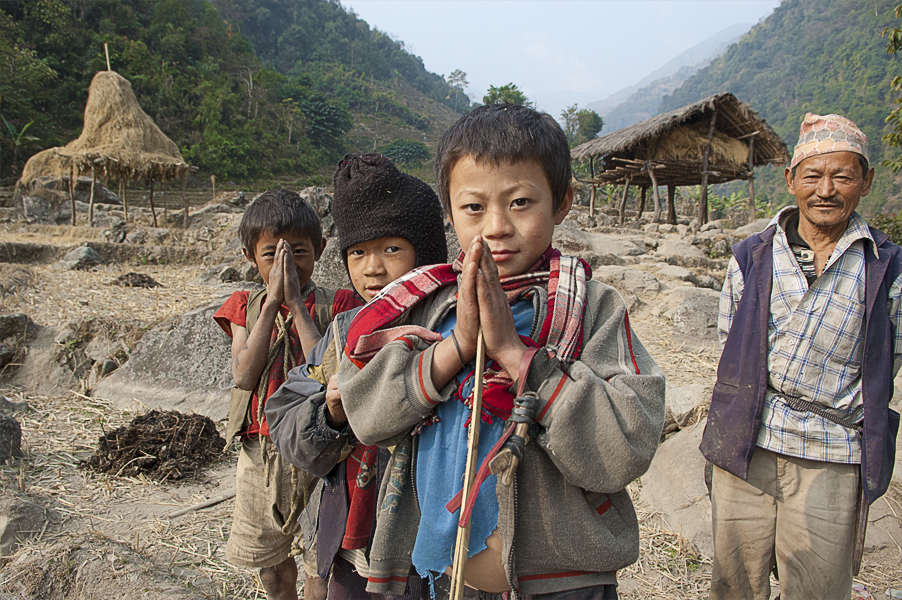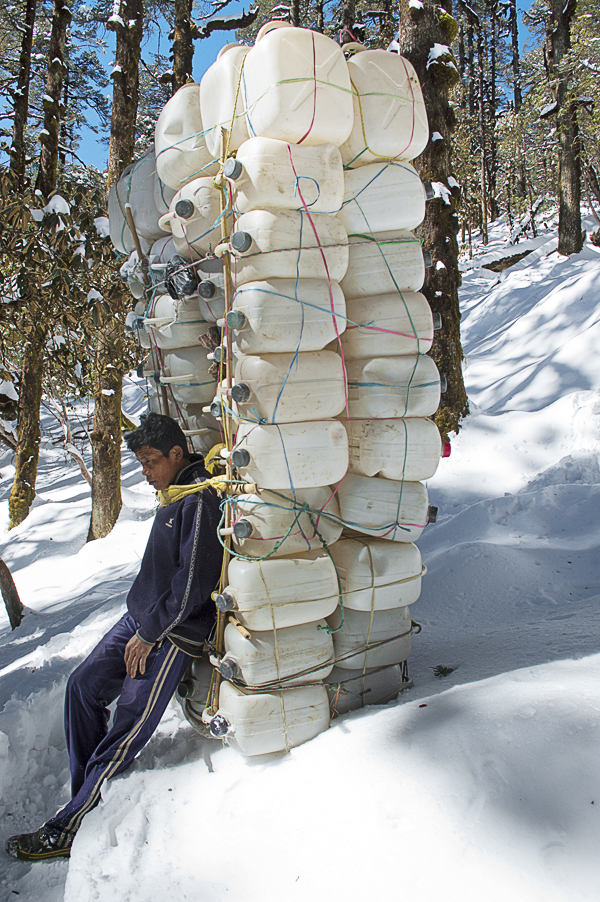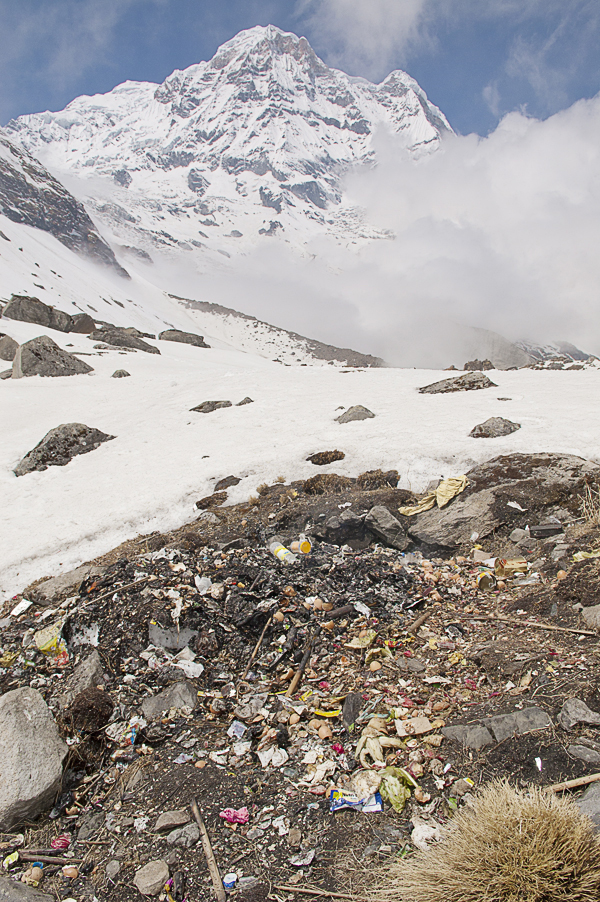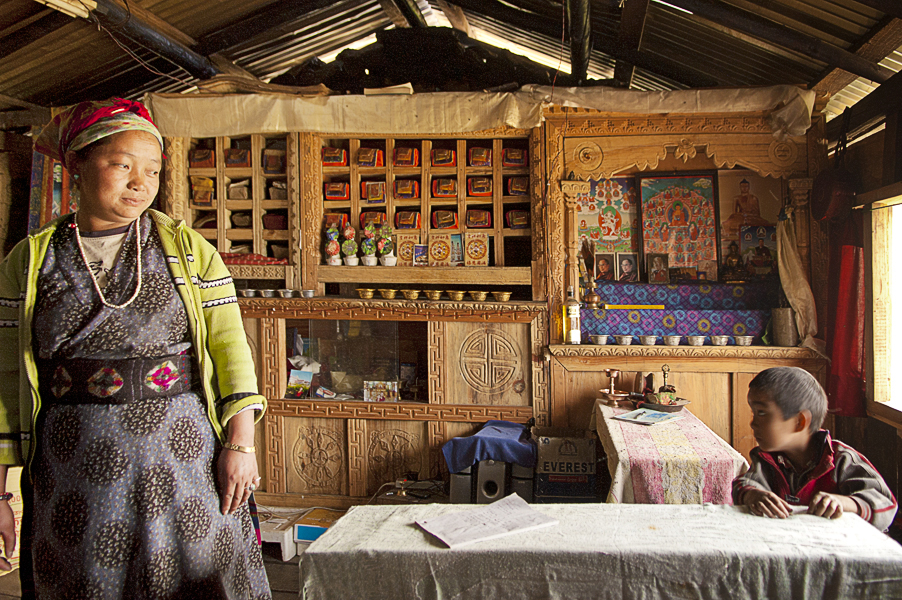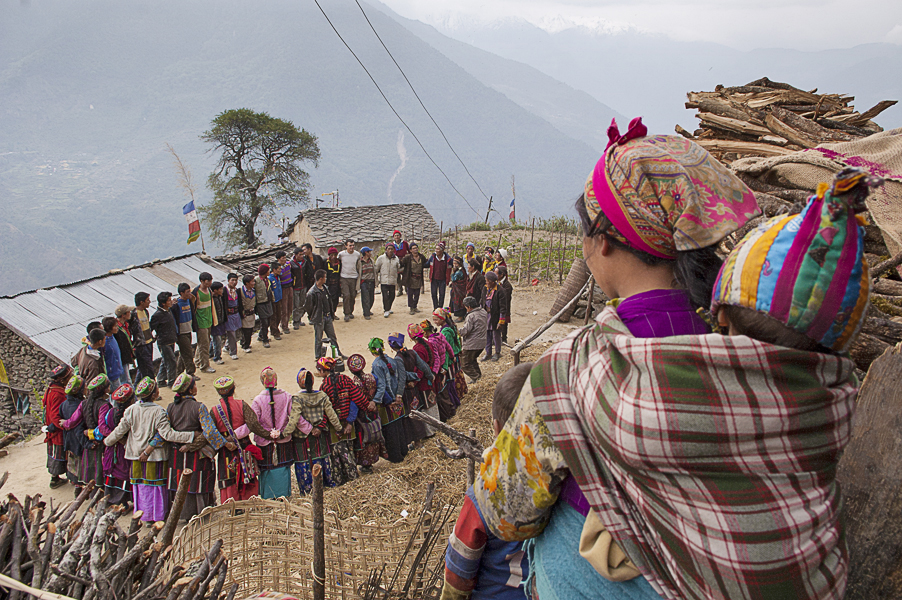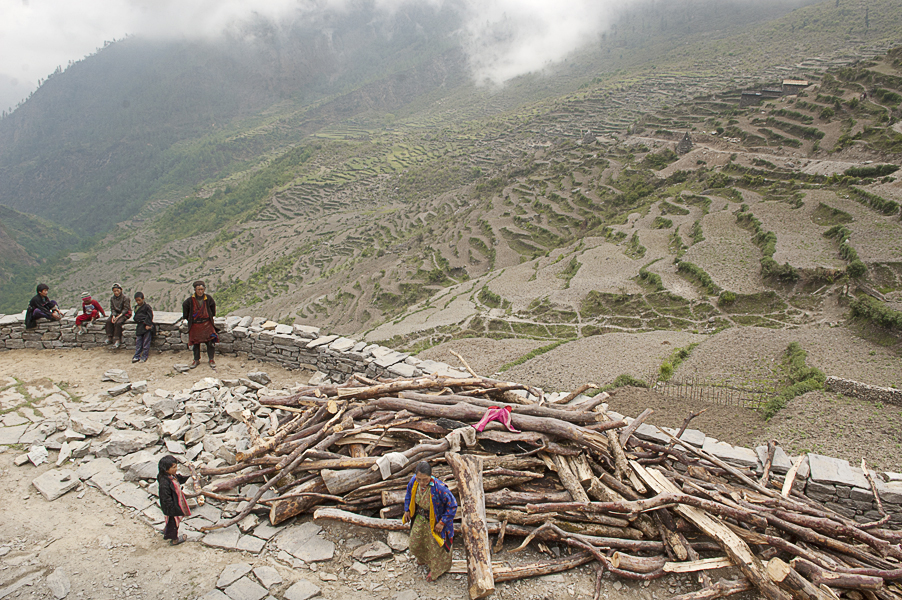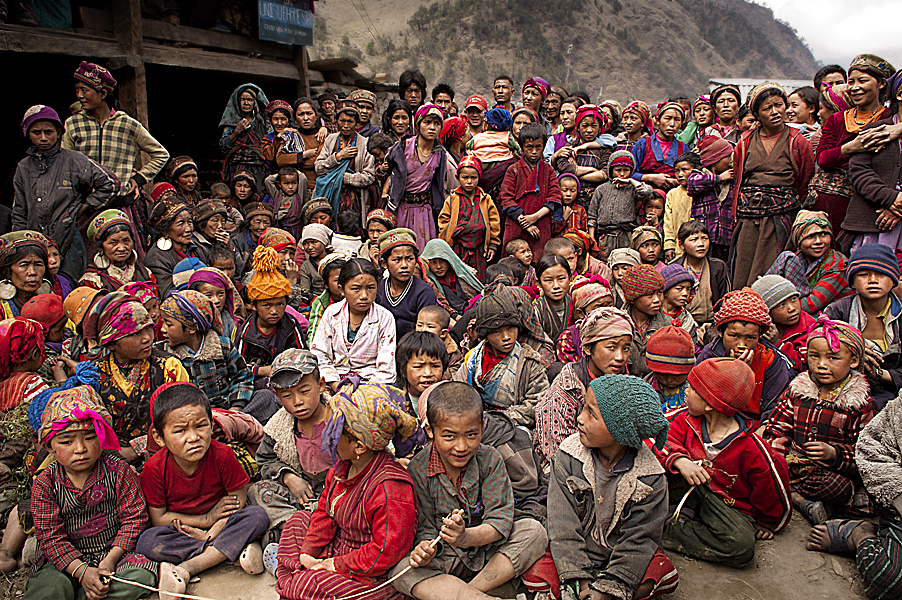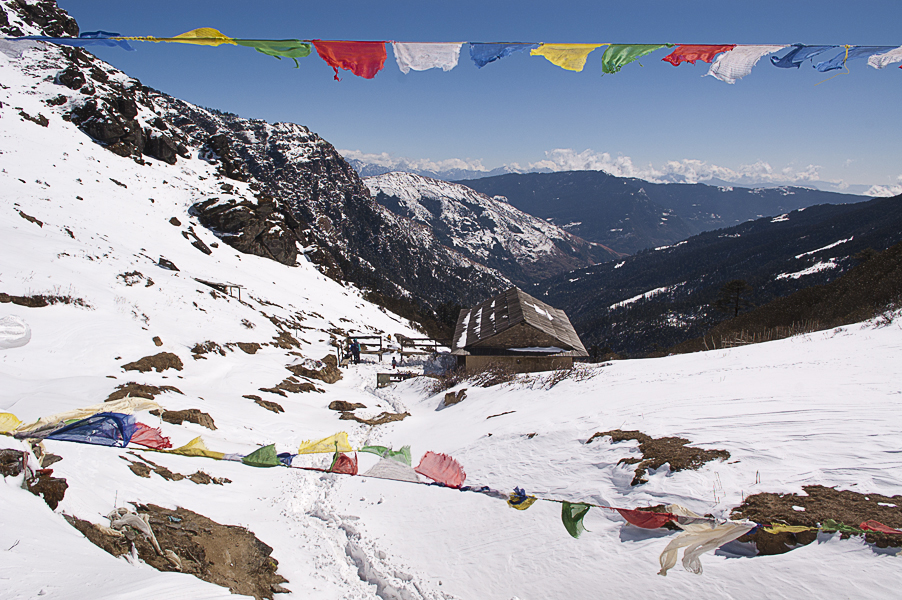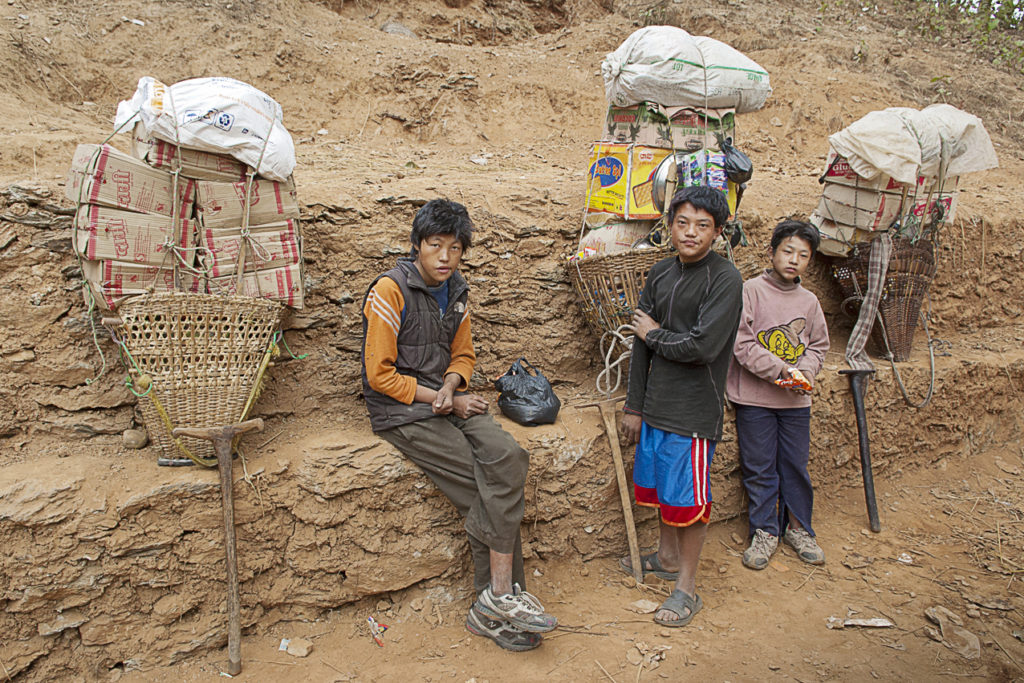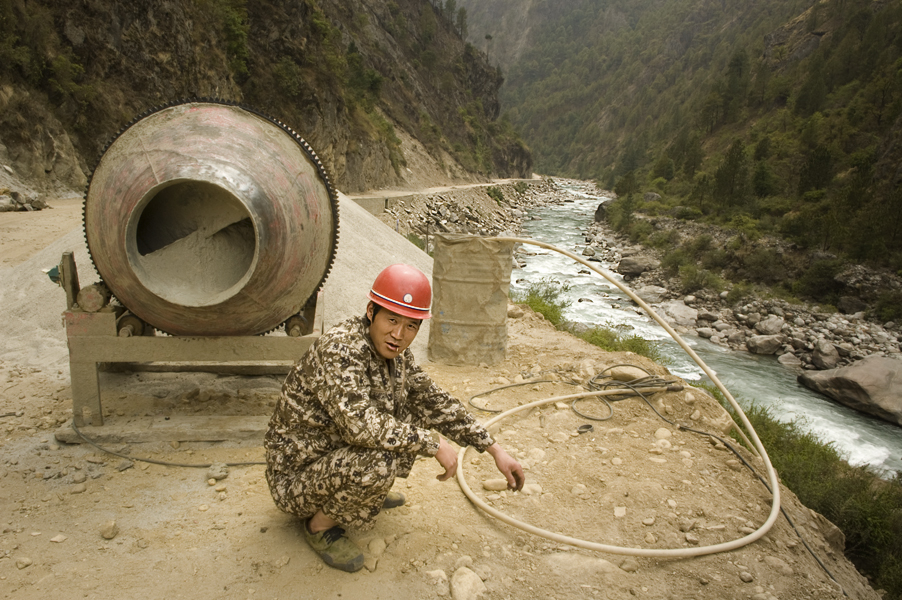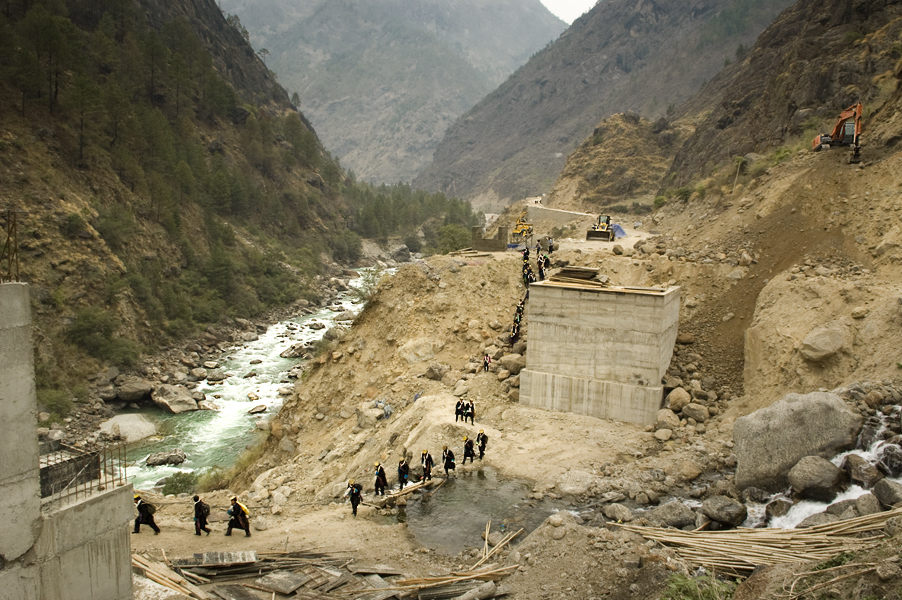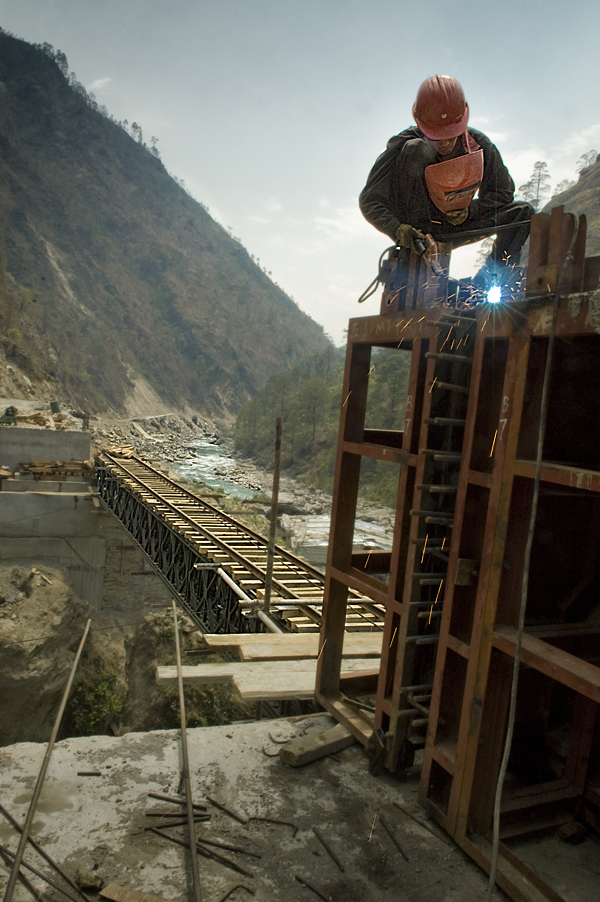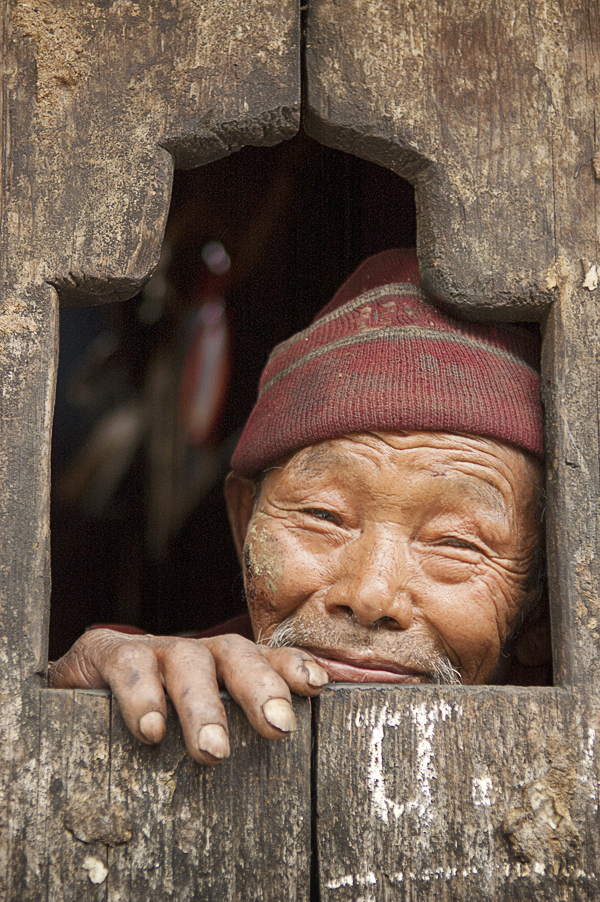Spring is climbing season on the Himalaya. In the last century climbing the highest mountain chain of the world was a task reserved to the most expert and the bravest climbers. But in recent times it has turned to an adventure trip for “high-altitude tourists”, people ready to pay up to 100,000 dollars to join an expedition. The highest price of this recent revolution is the life of tens of porters, the “Sherpa” people, whose support is vital to achieving the mountain tops. Their role includes preparing the way along which expeditions will proceed, fixing security ropes, installing the camp, carrying food and equipment (like the heavy oxygen tanks which would avoid their rich customers the risk of cerebral or pulmonary edema). To accomplish these tasks they have to go up and down along the most dangerous sections of the climbing way. A job which has the highest mortality rate (1.2%) for workers: in example, the percentage of porters who died climbing the Everest since 2004 up today is 12 times higher than death rate among soldiers fighting in Iraq war between 2003 and 2007.
This long string of tragic events has thrown limelight upon Sherpa as only did Tenzin Norgay, the porter who in 1953 guided Edmund Hillary up to Mount Everest’s top for the very first time. Prior to the development of this new high-altitude tourism business, Sherpa people had never showed interest in reaching mountain tops. In their native language there’s not even a word for “mountain top”. Every single mountain is named after the godhead which is said to inhabit it. Mount Everest is named Sagarmatha, “the abode of Mother Earth”. Sherpa is the name of East Nepal people which is commonly used to refer to all the porters operating on Himalaya even below 5,000 meters level. A job prevalent in a Country which does not offer many opportunities even to educated people. Men, women and children paid according to the weight they are ready to carry. Often more than that even a mule would reject.
Sull’Himalaya, la primavera è stagione di scalate. Nello scorso secolo, raggiungere le vette più alte del mondo è stata un’impresa riservata soltanto agli scalatori più esperti e coraggiosi. Ma negli ultimi anni si è trasformata in un’avventura per “turisti d’alta quota”, disposti a pagare fino a 100mila dollari per far parte di una spedizione. Una rivoluzione il cui vero prezzo è la vita dei portatori, gli “sherpa”, senza il cui aiuto arrivare in cima sarebbe impossibile. Sono loro infatti a preparare i percorsi lungo cui avanzeranno le spedizioni, sistemare corde e scale di sicurezza, montare i campi, caricare sulle spalle cibo e attrezzatura, comprese le pesanti bombole di ossigeno grazie a cui i facoltosi clienti delle spedizioni non rischiano edemi celebrali o polmonari. Per farlo devono andare avanti e indietro lungo i tratti più pericolosi della scalata. Un’impresa con il più alto tasso di mortalità (1,2%) tra i lavoratori che la praticano: a esempio, la percentuale di vittime tra chi è stato impiegato nelle scalate dell’Everest dal 2004 a oggi è 12 volte superiore a quello dei soldati che hanno partecipato alla guerra in Iraq tra il 2003 e il 2007.
Questa continua serie di incidenti mortali ha reso celebri gli sherpa come aveva fatto solo Tenzin Norgay, il portatore che nel 1953 guidò l’alpinista Edmund Hillary in cima all’Everest per la prima volta nella storia. Il popolo degli sherpa non è mai stato interessato alle scalate fin quando non è cominciato il business del turismo d’alta quota. Nella loro lingua non esiste neppure una parola per dire “vetta”. Ogni montagna viene chiamata con il nome della divinità che credono la abiti. A esempio, L’Everest è Sagarmatha, “la dimora della dea madre Terra”. Nome della popolazione tradizionale del Nepal orientale, il termine “sherpa” è usato per riferirsi a tutti i portatori impiegati sull’Himalaya, anche sotto i 5mila metri. Un mestiere tra i più diffusi in un Paese che offre poche alternative anche a chi possiede un’istruzione. Uomini, donne e bambini pagati in base al peso che sono disposti a caricare. Spesso più di quanto sopporterebbe un mulo.
